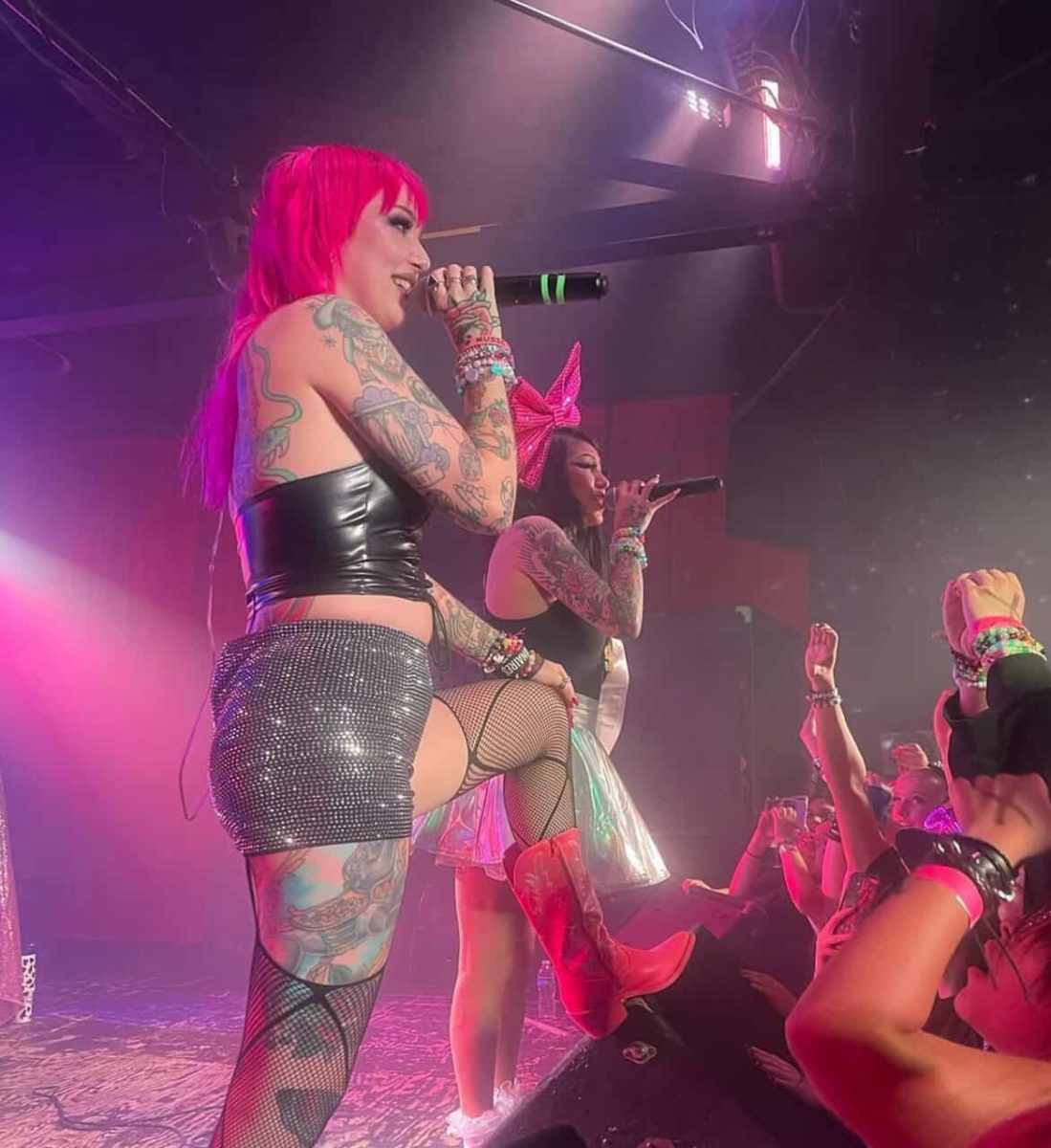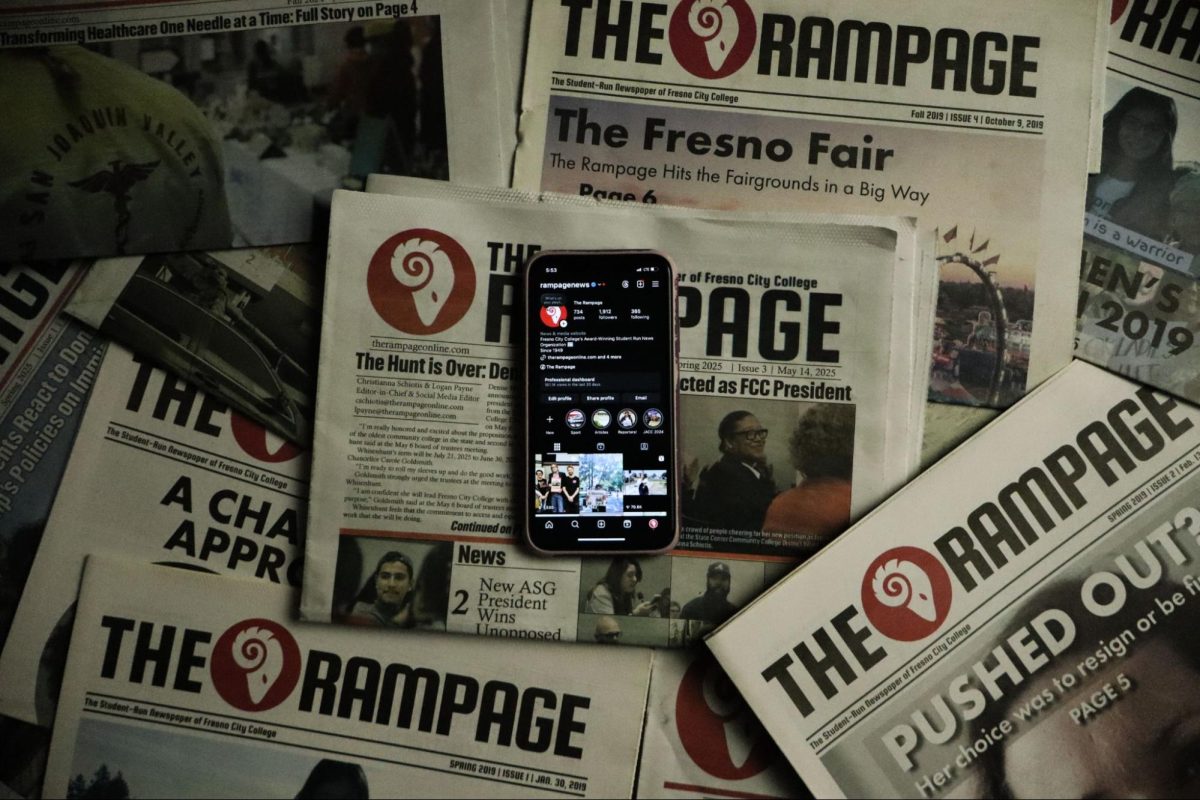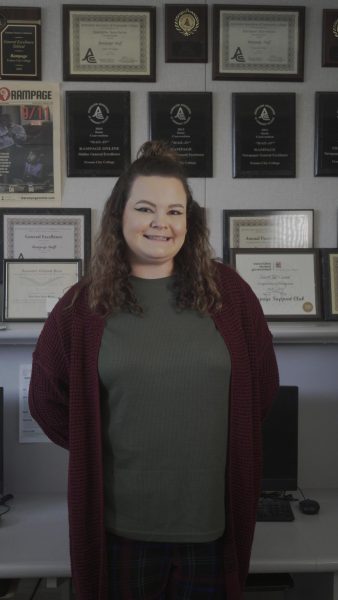While colleges consistently pursue inclusivity as a fundamental principle, the journey for neurodivergent students is riddled with challenges that not only distinguish their academic experiences but also their academic success.
Neurodivergent is the term for differing mental or neurological functions from what is considered normal. Neurodiversity encompasses a range of neurological variations such as Autism, Attention Deficit Hyperactivity Disorder (ADHD), Dyslexia, and more.
In 2023, I was diagnosed with ADHD and Obsessive-Compulsive Disorder (OCD), both are neurological differences that fall under the neurodivergent category.
After the diagnosis, many of the missing puzzle pieces came to light. I struggled with deadlines due to the lack of time management, not because I was lazy. The reason I struggled with Math and Science was due to overstimulation from so much information and struggling to focus during lectures, not because I wasn’t smart enough.
According to a research article written by the Aggie Neurodiversity Community, a neurodivergent-led student organization at UC Davis, roughly 1.5 percent of college students have Autism, 5 percent have been diagnosed with ADHD, and more students have undisclosed or undiagnosed ADHD.
The article also states that many neurodivergent students face stereotypes and misconceptions that lead to discrimination, bullying and social exclusion. One misconception is that neurodivergent people cannot effectively communicate, however, it may be true for some, but it is not true for all. Some prefer non-verbal communication to help process information quickly and easily.
Neurodivergent students are bullied into thinking that they are worthless, dumb, stupid, and many other inappropriate words from bullies who lack educational knowledge.
This results in students developing depression, anxiety and suicidal thoughts or actions. Autistic students have a high rate of suicide and students who have ADHD are four times as likely than generalized students to attempt suicide as stated in the article.
Neurodivergent students face various factors that hinder their completion of college degrees. According to the Fresno City College Disabled Students Programs and Services website page, One factor is that students must have disability documentation to gain access to accommodations from the college. Many students cannot get certain documents or assessments from medical providers due to the lack of financial means.
Neurodivergent students are also discriminated against by collegiate administration due to their view of disability “through predominantly medicalized, legalistic, and deficit-based lenses” as stated in the article previously mentioned.
As a neurodivergent student, I struggled with depression, discrimination from teachers and classmates, and anxiety from the idea of not being good enough or smart enough for certain topics. I constantly silenced my thoughts because I believed what I thought wasn’t the normal answer that someone else would say.
It is crucial for colleges to proactively foster a supportive environment for neurodivergent students. This includes promoting awareness and understanding among faculty and peers, streamlining the accommodation process, providing academic and social support programs, and creating inclusive campus policies.
Despite the challenges neurodivergent students face, there is hope for a brighter future. By advocating for inclusive policies and fostering a supportive environment, colleges can empower neurodivergent individuals to thrive academically and socially.
As a neurodivergent student myself, I’ve experienced firsthand the hurdles that come with navigating higher education. From battling stereotypes to overcoming discrimination, each day presents its own set of obstacles. However, I refuse to let these challenges define me.
Through resilience and determination, I’ve discovered my unique strengths and capabilities. While my journey may be marked by twists and turns, I am reminded of the countless others who walk alongside me, each with their own story to tell. Together, we can shatter stereotypes, break down barriers, and pave the way for a more inclusive future.







